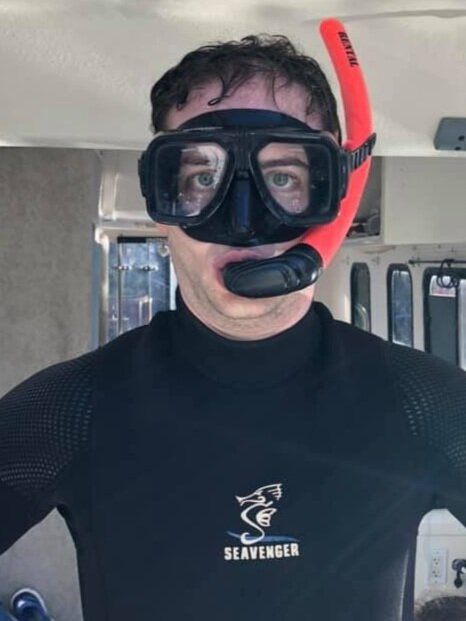Protecting the Environment with Qui Tam Statutes

Save the Manatees
Central Florida is known for three things: healthcare fraud, Disney World, and manatees. After several visits to the U.S. Attorney’s Offices to assist with healthcare fraud cases last year, I was happy to make the trip not to prosecute a False Claims Act case, but rather to relax and swim with the manatees. It was an amazing experience, one I recommend for everyone (and if you do, please use a certified guide). These kind and beautiful creatures deserve our support, and if we want our children’s children to experience the same level of joy that can only come from the embrace of a 1,500 pound sea mammal, it is our obligation to protect not only endangered species, but also the seaways in which they live and the plant life upon which they feed.
There are a handful of ways that whistleblowers can not only help the environment, but potentially recover a monetary award as well. One, of course, is the False Claims Act. If, for example, a government contractor agrees to abide by certain environmental regulations as part of its contract with the government, violations of those rules can form the basis of a qui tam action. Other examples can include underpayments of royalties by companies extracting national resources; misrepresenting compliance with environmental regulations or standards to avoid paying fines or to obtain tax credits; and of course false claims related to contractors specifically employed for environmental purposes, such as cleanup projects.

Diving for Qui Tam Treasure
There are also some other qui tam statutes designed specifically to reward environmental whistleblowers, such as the Act to Prevent Pollution from Ships. The Lacey Act, Endangered Species Act, Fish and Wildlife Improvement Act, and numerous species-specific federal protections offer rewards for whistleblowers who report unlawful trafficking of protected animals and plants. The False Claims Act and Foreign Corrupt Practices Act also provide paths to reporting the unlawful trafficking of “trophies” of endangered species from foreign countries.
There are also retaliation protections for whistleblowers under the Clean Air Act, Clean Water Act, Safe Drinking Water Act, Atomic Energy Act, Toxic Substances Act, Solid Waste Act, and Superfund Act.
Atlanta whistleblower attorneys at Bracker & Marcus LLC commit to donating 10% of its contingency fee for any recovery in wildlife-related qui tams to a related charity. Call us if you have information that may lead to a qui tam action.
